Infrastructure & Technologies
Estimating Transmission Costs for New Generation Technologies
Detecting Faults in Underground Networks
Infrastructure & Technologies
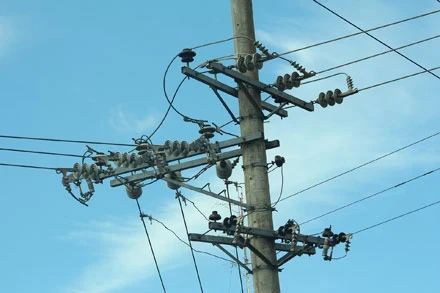
Electrical Connectors for Overhead Lines
Utility distribution systems utilize a variety of connectors to join and attach overhead conductors. These components are simple and relatively inexpensive; however, due to their critical function and the large number of components utilized in the electrical system, they deserve some consideration from the maintenance perspective.
Factors such as corrosion, improper installation, and manufacturing defects can cause in-service failure of connectors leading to safety risks to lineman crews and the public, and compromising the...
Related Articles
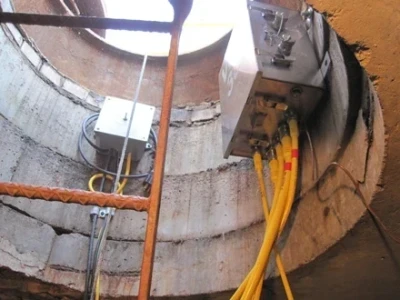
Detecting Faults in Underground Networks
Enhancing protection using directional faulted circuit indicators BY CHRISTOPHER EVANICH, Thomas & Betts Underground electrical networks provide reliable service to end users, but create problems for utility personnel in locating faults. Electric utilities who utilize an underground network...

Substation Focused on Environmental Design
One of the important trends in design of new overhead lines over the past 20 years has been development of structures and designs that are less obtrusive and more pleasing visually. Much the same process has also been going on at substations. For example, even 25 years ago, efforts had already been...

Aging Infrastructure: How to Save Aging Assets
Applying limited resources to critical, aging infrastructure BY MASSOUD AMIN, IEEE Smart Grid, University of Minnesota The Smart Grid’s contributions to improving electric utilities’ means of monitoring the condition of assets, providing enhanced situational awareness, and faster...
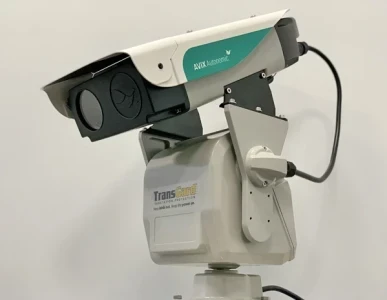
The Fight Against Animal-Caused Power Outages
Every day across the country, animals enter substations for warmth, food, security, or simply out of curiosity. In many areas, wildlife intruding into power equipment has become the #1 cause of outages, according to a report from the American Public Power Association (APPA) – even...
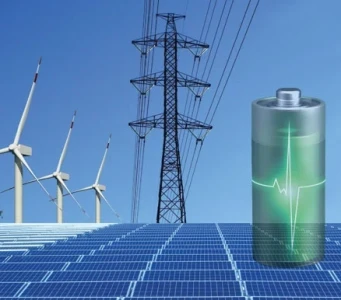
Duke Energy Florida Adds 300 MW with Four New Solar Projects
Duke Energy Florida has announced plans to build four new utility-scale solar energy facilities across the state, aimed at adding 300 megawatts (MW) of renewable energy to the grid. This expansion is part of the company’s broader strategy to increase its solar generation capacity and...
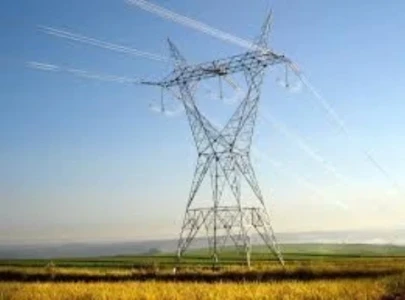
DOE Prioritizes Baseload Generation
In a strategic move to tackle the growing electricity demand and bolster energy security, the U.S. Department of Energy (DOE), under Secretary Chris Wright, has announced plans to focus on expanding baseload and dispatchable power generation. This shift in priorities, outlined on January 5, 2025,...
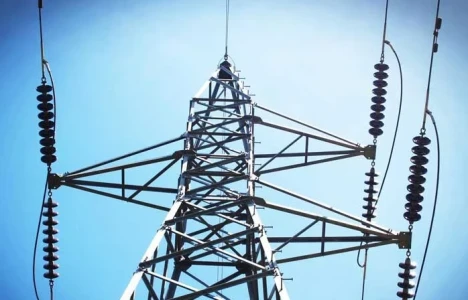
FERC Complaint Targets Duke, PJM Transmission Planning
A coalition of large energy consumers and ratepayer advocates has filed a complaint with the Federal Energy Regulatory Commission (FERC), urging the agency to prohibit transmission owners from independently planning "local" transmission projects exceeding 100 kilovolts (kV). The coalition argues...
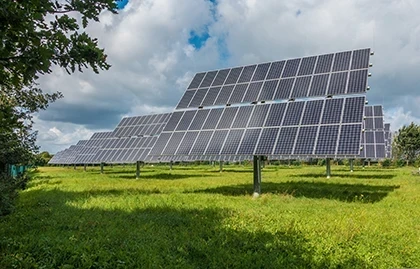
Virtual Power Plants (Vpp) And Smart Grids: Integrating Renewable Energy For A Sustainable Future
The rapid shift toward renewable energy resources (RERs) has placed significant demands on traditional power systems. To address these challenges, modern energy infrastructure is evolving into smart grids, leveraging advanced technologies like Virtual Power Plants (VPPs) to enhance grid...

Louisiana Industries Push for Faster Renewable Energy Transition
Louisiana, known for its robust oil and gas industry, is experiencing a significant shift as some of its largest industries express frustration over delays in the state’s renewable energy transition. These major players are pushing for accelerated development and implementation of renewable...
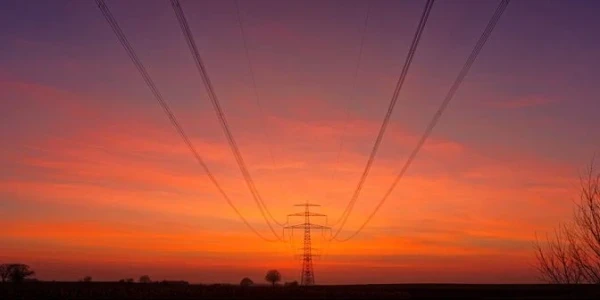
Overhead T&D, Direct Current Technology
Direct current (DC) is the preferred technology for moving large amounts of power across long distances. DC results in overall higher efficiency and reliability than an equivalently-sized alternating current (AC) system moving the same amount of power. The Advantages of DC More efficient: Over long...
